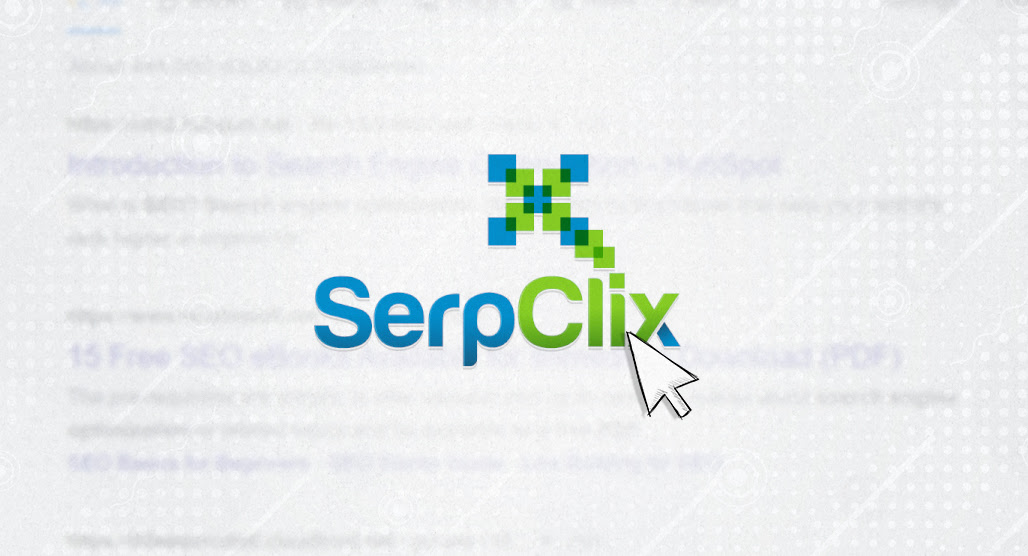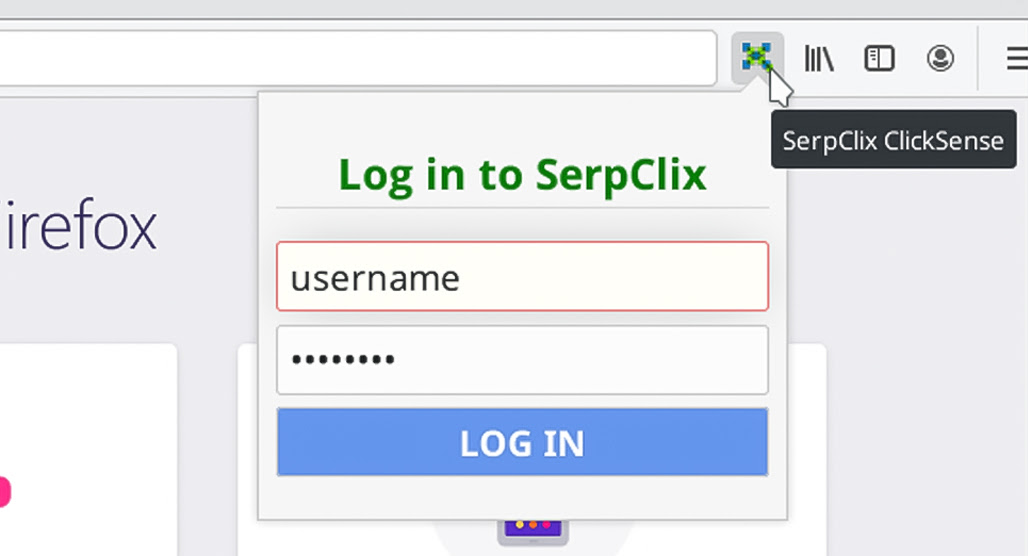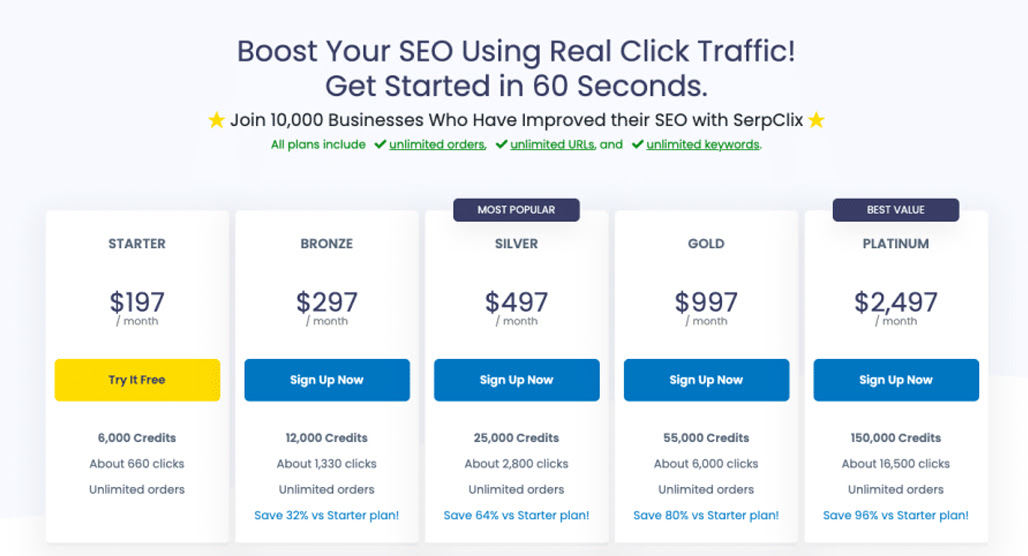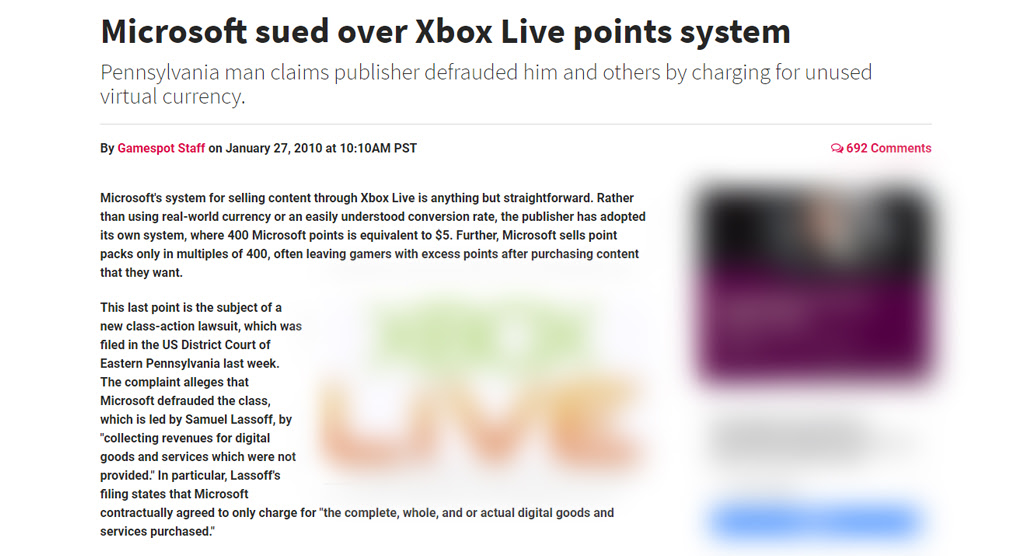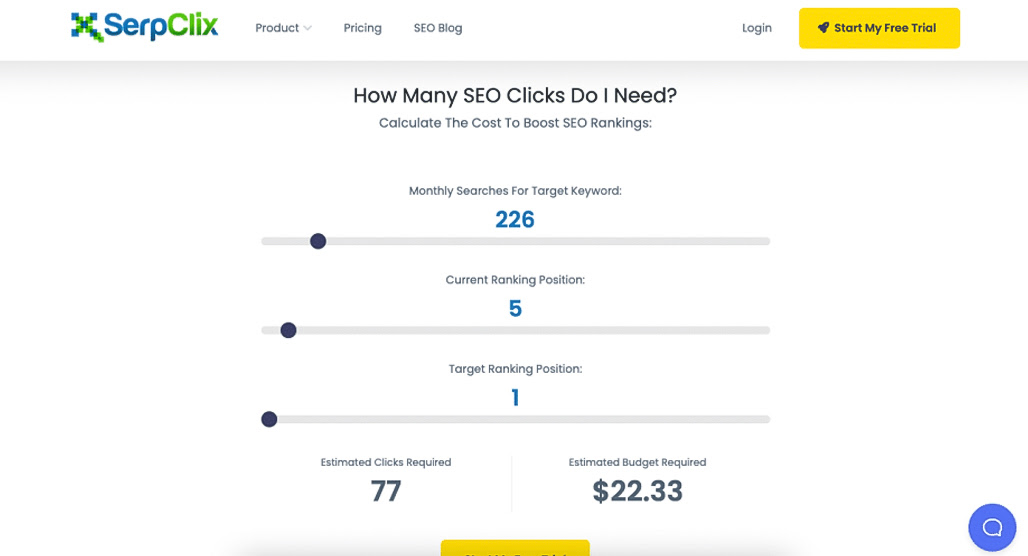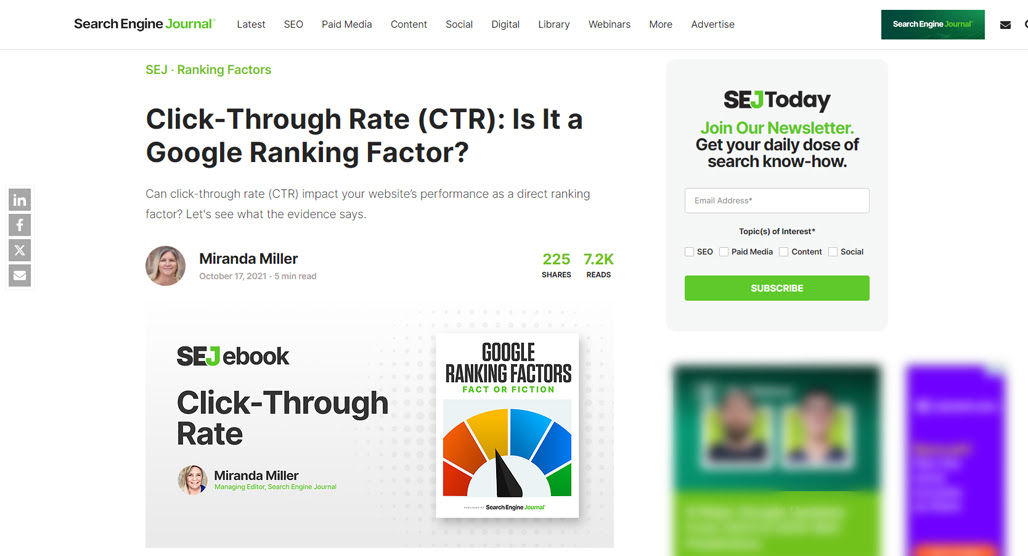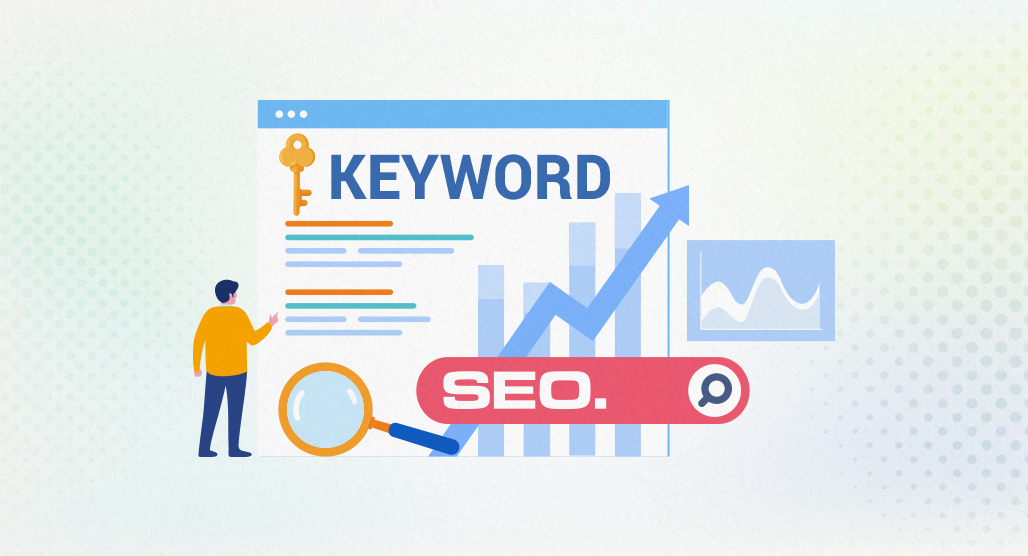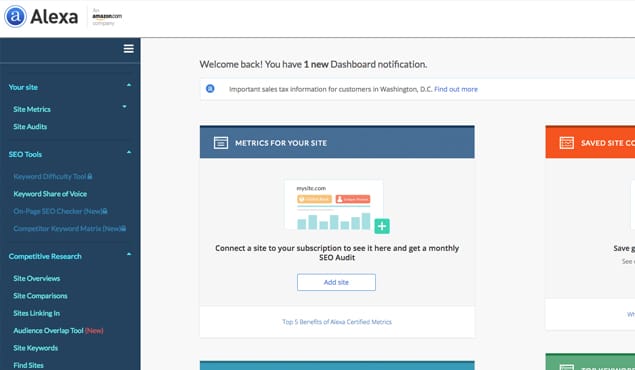Guide: What is SerpClix and Is It Worth Using in 2024?

In the world of money making schemes and the so-called “beer money” tier of online labor, there are many different options. There are sites you can go to fill out surveys, there are sites you can use to mindlessly click ads, there are AI data annotation platforms paying pennies, there’s the venerable not-worth-the-time Amazon Mechanical Turk, and many more.
It makes you wonder, sometimes, what’s going on behind the curtain. Who is using these services on the other side, and for what purpose?
SerpClix is a platform that does two things for two different groups of people.
- For people who want to make money, SerpClix is a way to monetize Google searches at a rate of 5-10 cents per click.
- For people who want clicks to their website, SerpClix is a way to buy that traffic outside of the usual PPC advertising ecosystem.
So the question is, is this worthwhile at all for either side of the coin? Let’s talk about it.
Table of Contents
SerpClix For Users
The bulk of this post will be focused on the business side of things, but I want to take a moment to talk about what it entails from the user side. This is important for businesses too, because it tells you what you need to know, if you know about how SEO works.
SerpClix users sign up, and can do so from anywhere in the world. There’s no interview process, no vetting, nothing; sign up, and you’re in. All you need to do to get started, besides create an account for tracking purposes, is install their Firefox browser extension.
What does the extension do? It gives you a task and tracks your progress on that task. The task is usually “Search Google for [search term here.]”
This task is paid for by a business, right? So, that business is the one that wants the traffic. The browser extension makes sure this happens by highlighting the specific result you’re meant to click in red so it’s easy to find. There’s a timer for your window to do the search and click the link, and when that timer expires, you can’t do that task anymore.
The extension monitors for the appropriate link click, and when it sees it, it credits you with the amount the click was worth. As mentioned above, that’s usually between $0.05 and $0.10.
How many Google searches could you do in an hour? 50? 70? Even at 5 cents each, that’s something like $2.50 an hour or so. It’s not anywhere near a living wage, but do a few hours a week, and you can offset the cost of a Steam game or something, right?
Well, not exactly. You don’t get an unending stream of these clicks. There are also clicks that require something like map searches, where the link to click is impossible to find, or even searches that lead directly to a .exe or other file download, which don’t resolve a website and thus don’t count for the pennies. Most users report making between $20 and $60 per month at the most.
It’s important to note here that nowhere in this process is there any responsibility to, say, read the site, click around, spend time on it, or even really parse what you’re trying to click through. I’ve seen some users report being directed to malware, some claim they’re being told to Google search illegal substances, and a bunch of other sketchy stuff.
Oh, and a lot of people report that SerpClix randomly blocks or bans people for arbitrary reasons with no explanation or even notice beyond being unable to log in.
A fine, upstanding business model, wouldn’t you say?
SerpClix for Businesses
Now that you know what’s going on behind the curtain, what do you think for a business?
On the face of it, SerpClix presents itself as a legitimate traffic-driving business. After all, they boast that they have real human clickers, not bots. Click-through rate is a search ranking factor, after all. The case study they cite is ten years old, but click rates are undeniably important, so it’s really not a flawed premise.
SerpClix charges for their clicks, of course. You can buy monthly plans or a one-time package of clicks. The baseline pricing gives you 4,000 credits, which is, according to them, either about 444 clicks from unfiltered global sources or 235 clicks from individual countries, presumably the USA, Canada, and other “high value” English-speaking nations. That package is $150.
The credits system serves to obfuscate the cost per click, but you can math it out pretty easily.
- Global: $0.33 per click.
- Individual: $0.63 per click.
Remember reading above, if they’re paying $0.05 per click to their clickers, that means they’re pocketing between $0.28 and $0.58 per click here. Or, from that $150 pack, $127.8 is pure profit in their pocket.
That’s for their one-time package. The largest subscription package, boasting 150,000 credits and a 96% discount from the starter plan, costs you $2,497 per month. That’s “About 16,500 clicks,” according to their pricing page, which works out to be $0.15 per click.
If you want to math things out more on your own:
One-Time Package Pricing:
- 4,000 credits for $150
- 8,000 credits for $250
- 20,000 credits for $500
- 50,000 credits for $1,000
- 140,000 credits for $2,500
- 300,000 credits for $5,000
- 650,000 credits for $10,000
- 1,300,000 credits for $20,000 (who in the universe is buying this?)
Monthly Package Pricing:
- 6,000 credits for $197
- 12,000 credits for $297
- 25,000 credits for $497
- 55,000 credits for $997
- 150,000 credits for $2,497
And, if you dig around in their FAQ, you can find the specifics:
- All Country clicks cost 9 credits each
- Individual Country clicks cost 17 credits each
Now, I want to go on a tangent here for a second.
About 15 years ago, there was this little-known company called Microsoft, and they operated this online service a few people used called Xbox Live. Through Xbox Live, you could buy games, subscriptions, in-game purchases, and various little microtransactions. The thing is, you couldn’t do this just with money; you had to first buy Microsoft Points. This was usually at a rate of 400 points for $5.
Fine, right? Except here’s the trick: things on Xbox Live often cost, say, 150, or 350, or 500, or some other uneven amount of points. Your $5 points purchase would get you the $3.75 worth of the item you wanted, and the remaining points wouldn’t be enough to buy anything else unless you bought more points. It was pretty rare that the sum total of the items you wanted would round out to a multiple of 400 points to leave you with a clean zero.
Why do I bring up this specific video gaming system? Well, Microsoft got sued over it. The suit set a precedent and not only got Microsoft to change the way their points system worked (and eventually get rid of it altogether), it changed the entire industry. Points systems are very rarely anything other than a simple 100 points per dollar specifically because of this.
So when you see that you can buy 4,000 credits for $150, but you can only spend those credits either 9 or 17 at a time, well, you have to wonder where those numbers came from. The simplest answer is that they’re not even dividers, so it becomes very uneven in how you can spend them. You’re inevitably going to have a few credits left over, not enough for a click, but enough for that extra few cents of profit on the part of SerpClix.
Oh, and if you buy credits and don’t use them, they can expire. That’s also something consumer protections have made illegal (at least in a timeframe under five years) when there’s real money there. You know, in case you wanted to know that.
Is SerpClix Worth Using?
In my opinion, not really.
I signed up a while ago, shortly after Rand Fishkin from Moz talked about how dwell time and CTR can influence organic rankings. SERPClix was my waey of testing this. In fact, SERPClix even uses this quote in their marketing materials and on their front page. How funny is that? I bet I wasn’t the only one that signed up after that tweet.
Anyway, I wasn’t impressed. Obviously, there were no changes in rankings and this did nothing for SEO. Even with that being said, there could still be value here for the traffic generation and for fibbing Search Console numbers. Unethical? Sure, but that doesn’t mean that there isn’t a market for this sort of thing. But even then, the price is incredibly high for something simple like that, so I wouldn’t recommend this for simple traffic generation either.
SerpClix does one thing and one thing only: delivers clicks to your site from Google Search. What else does it do? Nothing, really.
The traffic you get is absolutely valueless to your site itself. I guarantee you that it has a conversion rate of 0% because none of those people are even reading what’s on your page; they’re only clicking the link and letting it load long enough to get their pennies.
In analytics parlance, we call that a “bounce.” Getting a few hundred clicks with a 100% bounce rate isn’t automatically bad; there are plenty of reasons why a person visits a site and never makes another click but is nevertheless satisfied enough to leave happy and maybe come back another time. But that’s not what’s happening here. You aren’t getting brand recognition, exposure, conversions, or any other value out of these clicks. 100% of the value comes from how Google tracks CTR and factors it into search ranking.
So, how DOES Google factor CTR into search ranking? Not very well. Despite the decade-old case study by Rand Fishkin about the value of CTR for search and the fact that it’s mentioned a couple of times in the Backlinko post above, it’s not that significant. There are a few reasons for this.
- It’s easily gameable, as evidenced by the fact that we’re discussing a paid service that games it.
- Even if it’s influential, that influence is likely tied to other metrics, including what the user does after they click.
- The benefit of a good CTR comes in other forms of user interaction and benefits to your brand, like engagement and purchases.
A more recent discussion has citations from several Google sources confirming that CTR isn’t a direct search ranking factor. Even if it did work a decade ago, it definitely doesn’t work now.
And really, think about it. Google can track the IP addresses and other information of people searching through their platform. They can see massive amounts of data, but more importantly, patterns. When they see a large pool of users all clicking the same sets of pages, in the same specific keyword queries, with the same user behavior (a bounce), they can pretty easily tell that it’s manipulation.
There is visitor fingerprinting, visitors who are logged into Google vs logged out, and, of course, the fact that Google owns the world’s most popular search engine, Chrome. SERPClix is a Firefox-only extension for a reason. Doesn’t it look weird that you’re getting thousands of ivsitors and a high click through rate and they are 100% from Firefox users, and none from Chrome? Yes. You’re right, that is an obvious spam signal.
Or, from the other side, if they look at your site and see that you have pretty flat analytics across the board and a few keywords that have large swaths of 100% CTR traffic, well, that’s also pretty obvious. Real traffic isn’t clean with uniform keyword usage and super-concentrated click rates. It just reeks of artificial manipulation and is trivially easy for Google to spot and filter out of the running.
So, the traffic doesn’t benefit your search ranking directly, and it doesn’t benefit your search ranking indirectly; it can be filtered easily, and it definitely doesn’t lead to any down-the-road benefits like purchases.
With something that gross, you have to ask: will it penalize you?
Thankfully, the answer here is also no. Otherwise, it would be a wonderful Negative SEO tool to the extent that negative SEO is capable of being wonderful (it’s not). But even SerpClix themselves acknowledge that you’re unlikely to get a penalty because it would be trivially easy to attack other sites with services like theirs if you could.
- If you want to buy traffic, there are better ways. If you absolutely must do the CTR manipulation thing, there are services like Serp Empire (with 10,000 searches for $500, nearly 10x the value of SerpClix) or Babylon Traffic, which is both cheaper and allows different kinds of actions, including filling out forms, browsing through your site, and more.
- And, if you just want to pay for traffic, but you want that traffic to be more valuable to you, you can invest in real PPC ads.
I promise they’ll be way better in quality and results if you do them right.
So, now that you’ve finished reading this article, did you have any questions about SerpClix, how it’s used, or anything else I covered in this article? If so, I’m always more than happy to answer any and all questions you may have! Please feel free to drop a comment in the comments section down below, and I’ll get back to you as soon as possible!
Leave a Comment
Fine-tuned for competitive creators
Topicfinder is designed by a content marketing agency that writes hundreds of longform articles every month and competes at the highest level. It’s tailor-built for competitive content teams, marketers, and businesses.
Get Started